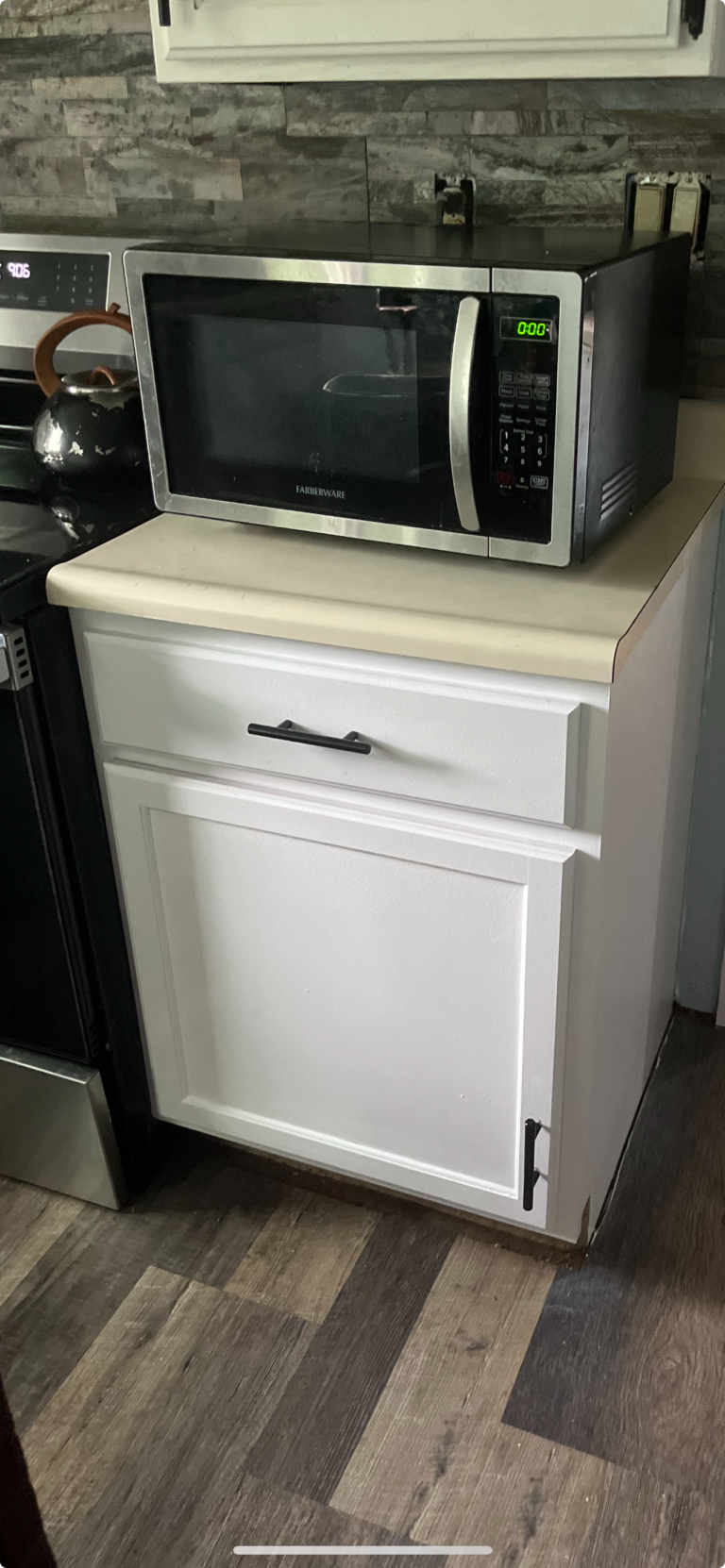Hard Truth:
Not everyone who wants change wants to change.
Those are two very different things.
Derrick and Mary had been coming to therapy for about four weeks. Each had a long list of all the things the other person could do better.
A longer list of all the things the other one was doing wrong.
They both wanted the relationship to change.
Neither one seemed all that willing to change much in themselves.
One session, Derrick bolted upright, slammed his open palm down on his thigh and yelled,
“She just doesn’t listen to me!”
Mary quietly listed off the last three conversations they had and all the names she had been called during those conversations.
In that moment, something flickered in Derrick’s mind.
Maybe she was listening.
Maybe—
she just didn’t like being called names.

Wanting change usually means wanting something around us to move.
Circumstances.
Other people.
Our environment.
Anything but ourselves.
I see this all the time in therapy—
especially with couples.
One partner shows up with a list of goals.
All of them for the other person.
None for themselves.
They don’t want to change.
They want change to happen.
To their spouse.
Their kids.
Their workplace.
Their life.
Lack of Growth Spurs Anger
But—
without personal change, that desire becomes frustration.
And—
frustration becomes anger.
Because when you want the world to change,
but refuse the discomfort of changing yourself,
you’re setting yourself up to break.
Anger is often what fills the gap between desire and avoidance.
When you’re angry?
You lash out.
You blame.
You dig in.
“The world is the problem.”
“I’m fine.”
Except… that’s not how it works.
If we want the world to change, we have to change too.
You.
Me.
All of us.
If we refuse, we get stuck.
And stuck things don’t stay the same.
They decay.
Everything atrophies without movement.
And when we stop growing, we don’t stop changing.
we start to decompose.
That’s the quiet tragedy I see too often in therapy today.
We confuse affirming someone with helping them grow.
But growth requires discomfort.
Not just validation.
If we only affirm, we might help them stay broken.
Even while pretending we’re helping them heal.
And the truth is, most of us don’t need a therapist to run that scam.
We do it just fine on our own.
Don’t Fall for the Scam
I have a friend—a high-level baseball coach—
who says players and parents scam themselves constantly.
They’ll blame the umpire.
Blame the coach.
Blame the politics.
While ignoring the lack of effort they gave to their own development.
Those couples I mentioned earlier?
That therapy almost never works.
Unless…
You knew it was coming, right?
Unless the one with all the goals for the other person
finally makes some for themselves.
That’s when change really starts to grow.
Verdant growth can happen when we see our own need for change.
When we can embrace the uncomfortable pain of slow change, we can alter our world.
And—
when we alter our own world, we can change the world around us.
Where might you be wanting to change, but resisting the need to change yourself first?
In my next post, we’ll look at what does it mean to actually want to change ourselves first.
Do you want more content like this directly to your inbox? You can always come here and read every post. But! If you want to have it come directly to your inbox, go to my Substack and sign up today. I promise I will never sell your email or spam you. Sign up here.




Leave a Reply